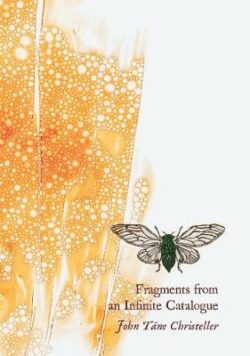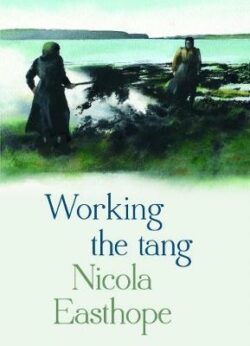Life and Zen Haiku Poetry of Santoka Taneda
$39.99
Low Stock
Description
Zen monk Santoka Taneda (1882-1940) is one of Japan's most beloved modern poets, famous for his "free-verse" haiku, the dominant style today. This book tells the fascinating story of his life, liberally sprinkled with more than 300 of his poems and extracts from his essays and journals-compiled by his best friend and biographer Oyama Sumita and elegantly translated by William Scott Wilson.
Santoka was a literary prodigy, but a notoriously disorganised human being. By his own admission, he was incapable of doing anything other than wandering the countryside and writing verses. Although Santoka married and had a son, he devoted his life to poetry, studying Zen, drinking sake and wandering the length and breadth of the Japanese islands on foot, as a mendicant monk.
The poet's life alternated between long periods of solitary retreat and restless travel, influenced by his tragic childhood. When not on the road, he lived in simple grass huts supported by friends and family. Santoka was a lively conversationalist who was often found so drunk he could only make it home with the help of a friendly neighbour or passerby. But above all, throughout his life, he wrote constantly; poetry and essays flowed from him effortlessly.
Santoka's eccentric style of haiku is highly regarded in Japan today for being truly modern and free from formal constraints. His journals and essays are equally thought-provoking-the musings of an unkempt but supremely self-conscious mind on everything from writing to cooking rice and his failure to live a more orderly life.
This translation and its introduction are by best-selling author William Scott Wilson, whose other works include The Book of Five Rings and The Lone Samurai. Wilson provides sensitive renditions of the haiku illustrating Santoka's life as well as an extensive introduction to the influences on Santoka's work, from contemporary haiku poets and his Buddhist teachers.
'William Scott Wilson has unearthed yet another neglected Japanese treasure. Both biography and poems are elegant, inspirational, and brimming with life. Wilson has outdone himself.' – Barry Lancet, award-winning author of Japantown and The Spy Across the Table
'Gives a whole new, Zen-inspired meaning to the word 'eccentric.' – Jay Rubin, editor and translator, The Penguin Book of Japanese Short Stories
'In this extraordinary book, William Scott Wilson brings his vast experience as a renowned translator of Japanese literature and religious thought…a must read for all those interested in how traditional Japanese culture endures in modern times.' – Steven Heine, author of Readings of Dogen's Treasury of the True Dharma Eye
'I feel guilty, finding so much joy in another man's sadness…' – Red Pine, author of Finding Them Gone, translator of The Heart Sutra
Additional information
| Dimensions | 130 × 203 mm |
|---|---|
| ISBN | 9784805316559 |
| Dimensions | 130 x 203 mm |
| Book Type | Paperback / softback |
| Author | Oyama Sumita |
| Author Bio | Sumita Oyama (1899-1994) was born in Okayama Prefecture. He practiced haiku and Zen for over 60 years. He was a prolific writer, publishing many books on the haiku poet Santoka. Oyama was a good friend and benefactor of Santoka, and studied "free" haiku under the poet Ogiwara Seisensui. William Scott Wilson has published over 20 books that have been translated into more than 20 languages, including The Lone Samurai: The Life of Miyamoto Musashi. His first book, a translation of Hagakure, was featured in the film Ghost Dog by director Jim Jarmusch. He was awarded a Commendation from the Foreign Ministry of Japan in 2005 and inducted into the Order of the Rising sun by the Japanese Emperor in 2015. Wilson lives in Florida. |
| Number of Pages | 352 |




